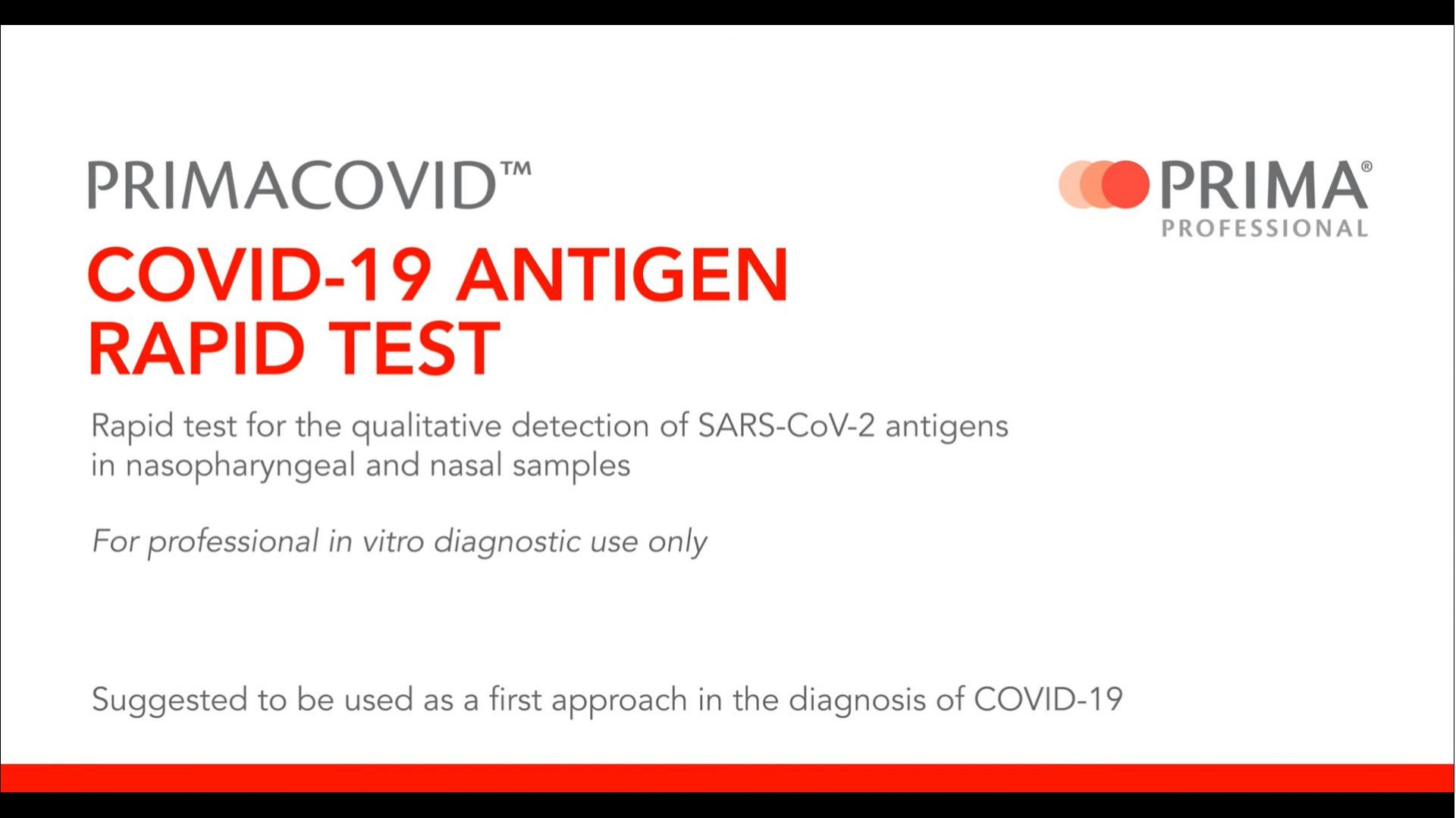Combatting COVID-19
COVID-19 News
OP -Ed: Bringing Public Health to the Digital Age
December 4, 2022 | Comments: 1COVID-19 Statistics
COVID-19 Global News Round Up as of Feb 20, 2022
February 21, 2022
Omicron cases are falling, while ‘stealth’ variant is on the rise
Cases of the omicron variant have fallen in the United States, but BA.2, known as “stealth omicron,” is just getting started. The subvariant has been found in at least 74 countries and 47 states.
Dr. Jeffrey Goldhagen with UF Health Jacksonville said a surge is inevitable.
“Any suggestion whatsoever that we are out of the woods so to speak with respect to SARS and COVID-19 disease is just wrong,” said Dr. Goldhagen.
Studies show the new variant can cause serious illnesses like the delta variant. Immunity from vaccines alone isn’t enough. Vaccines along with a booster shot restores protection making sickness after infection about 74% less likely, doctors say.
Goldhagen said Vaccination with booster does protect against this new variant or subvariant against omicron.
A fourth Covid-19 shot might be recommended this fall, as officials ‘continually’ look at emerging data
As the world approaches the second anniversary of the declaration of the Covid-19 pandemic by the World Health Organization, on March 11, more nations are rolling out — or are discussing the possibility of — fourth doses of coronavirus vaccine for their most vulnerable. According to CNN, leading public health officials in the United States said they are “very carefully” monitoring if or when fourth doses might be needed.
Israel was the first nation to roll out fourth doses, announcing in December that adults 60 and older, medical workers and people with suppressed immune systems were eligible to receive the extra shot if at least four months have passed since their third dose.
Nearly half of state mask mandates have ended in the past 3 weeks
Five states have dropped or altered business mask mandates since late January as declining Covid-19 cases have shifted political winds.
These states include California, Delaware, Nevada, New York and Rhode Island. All but Nevada still require masks in schools, according to an NBC News survey of state mask requirements.
The changes come despite the Centers for Disease Control and Prevention’s continuing recommendation that masks be used indoors in most of the country.
On January 28th , 11 states required masks in some or all settings, but as of Tuesday seven, plus Puerto Rico and Washington, D.C., still have restrictions in place. Of these states, several have announced plans to lift them by the end of February or beginning of March.
Vaccine requirements are being lifted across America as Covid cases diminish
From March 1st , 2022 Seattle, the biggest city in the state where the first U.S. case of Covid-19 was confirmed more than two years ago, will lift its proof-of-vaccination requirement for restaurants, theaters and gyms.
City and county employees who have been working from home for two long years will soon also start getting called back into the office.
From coast to coast, other major cities, including Philadelphia, the Twin Cities and the nation’s capital, Washington, D.C., are doing the same as the rate of Covid-19 infections plummets. According to NBC News, the average number of new daily cases has dropped by 67 percent in the last two weeks.
COVID-19 Videos
COMBATTING COVID-19: How to administer a COVID-19 Antigen rapid test
September 5, 2021
The Antigen test is currently the most widespread test for COVID-19 in Dominica; it has become a requirement for access to certain public and private sector institutions in the country and with Antigen testing kits already being made available to the public in other parts of the world, self administered antigen tests at home have become possible. This is not yet part of the government’s policy in Dominica but who knows what the future holds?
The information below, accompanied by a video, gives step by step instructions on how to administer a PRIMA lab antigen test.
A) Collect the nasal sample using the provided swab. Gently roll it into both nostrils and take it out. Alternatively, collect the nasopharyngeal sample by inserting the swab in the nasal cavity and holding it parallel to the palate. Gently rub and roll it and take it out;
B) Insert the swab into the extraction buffer and rotate it for about 10 seconds. Remove the swab while squeezing the sides of the test tube in order to extract as much liquid as possible;
C) Apply 3 drops of the extracted specimen into the sample well. Wait 15 minutes and read the results. After 20 minutes the results are no longer reliable.
Results interpretation:
Positive Result: Two coloured lines appear, one in the Control line region (C) and another in the Test line region (T). This result means that the test has identified the presence of SARS-CoV-2 antigens.
Negative Result: A coloured line appears in the Control (C) region and none in the Test (T) region.
Invalid Result: The Control line does not appear. An insufficient quantity of diluent or an incorrect procedure are the most likely reasons for the absence of the Control line. If the problem persists contact your local distributor.
COVID-19 Antigen Rapid Test will only indicate the presence of SARS-CoV-2 antigens in the specimen and should not be used as the sole criterion for the diagnosis of SARS-CoV-2 infections. The results obtained with this test should be considered on the evaluations resulting from other laboratory tests.

